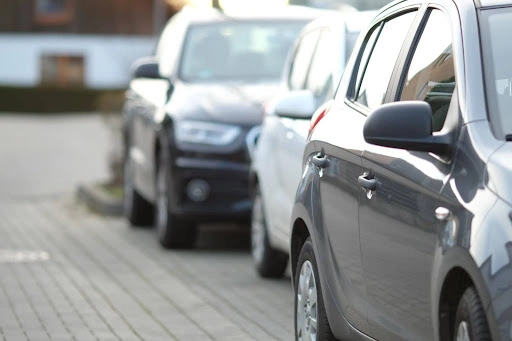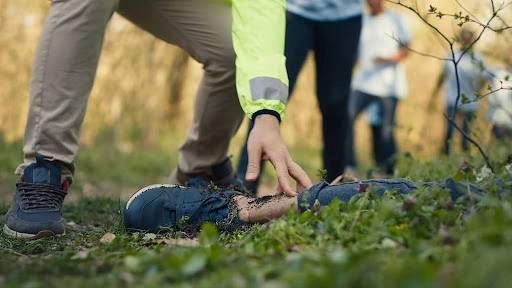December 29, 2025
Car Accident
How to Prove Innocence in a Virginia Hit-and-Run
Being accused of a hit and run is not something you “clear up later” with a quick explanation, because the...
December 29, 2025
Car Accident
Parking Lot Hit and Run in Virginia: What to Do, What to Document, and How These Claims Get Paid
A parking lot hit and run is frustrating for an obvious reason, somebody damaged your vehicle and disappeared, but the...
December 29, 2025
Car Accident
What to Do if Someone Hits Your Car and Runs
A hit and run is different from a normal crash because the person who caused it is also trying to...
December 11, 2025
Motor Vehicle Accident FAQs
Elizabeth West Named “Go To Lawyer” by Virginia Lawyers Weekly
Go To Lawyers: Elizabeth West We’re proud to share that Elizabeth E. West, shareholder at Tronfeld West & Durrett, has...
December 09, 2025
General
Elizabeth West and John Newby Named 2026 Super Lawyers
We’re proud to announce that Elizabeth West and John Newby, partners at Tronfeld West & Durrett, have been named...
November 30, 2025
Car Accident
Three Car Pile‑Ups in Virginia: What To Do, How Fault Is Proven, and How Insurance Pays
In three-car collisions, responsibility can be shared among multiple drivers, and you can often pursue claims against more than one...
November 30, 2025
Car Accident
Can’t Sleep After a Car Accident? Signs It’s Serious and What To Do Next
It’s 3 AM and you’re wide awake—again. Two weeks ago, you walked away from what seemed like a minor fender...
November 30, 2025
General
Virginia Good Samaritan Law: What You Need to Know
When something goes wrong on a roadway, in a parking lot, or at a public event, most people react on...
November 30, 2025
General
What is Negligence Per Se: Definition and Key Concepts
Negligence per se is a legal doctrine used in personal injury cases where a defendant is presumed negligent because their...









